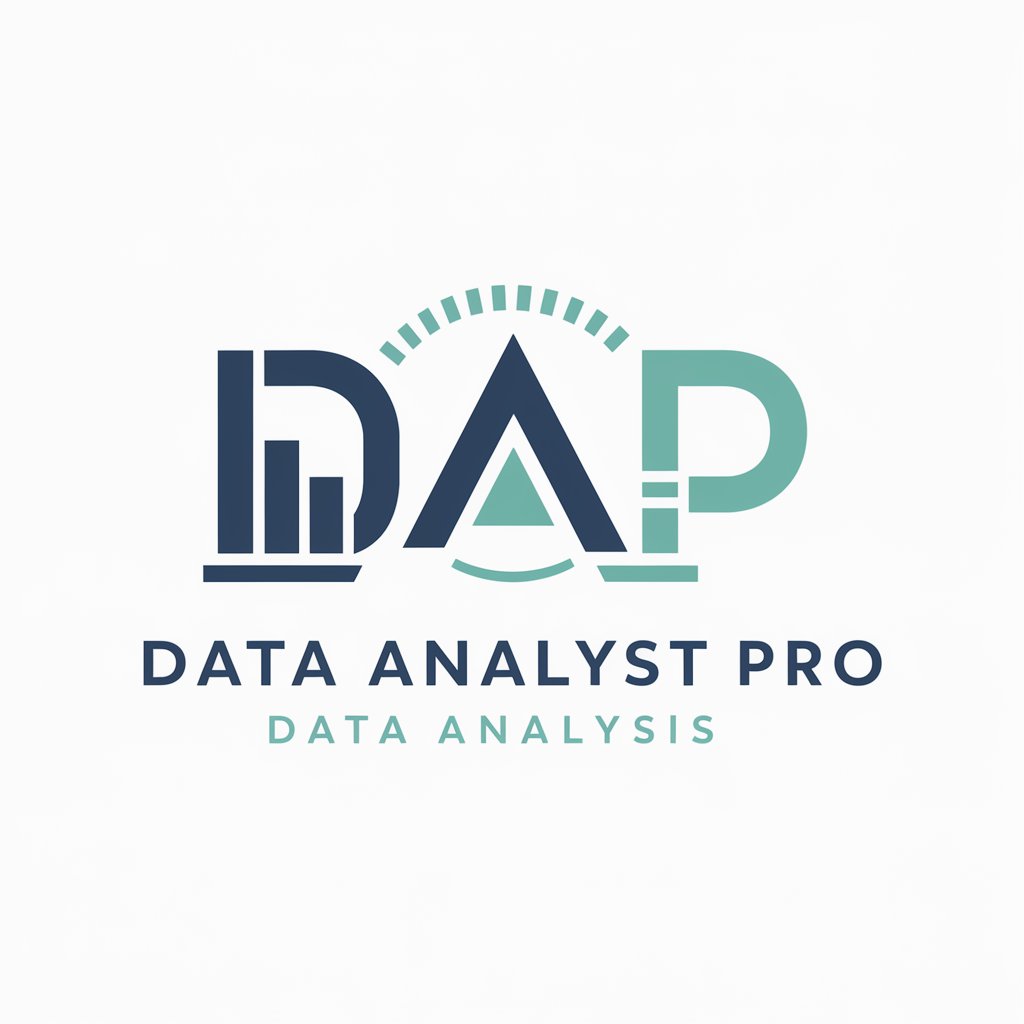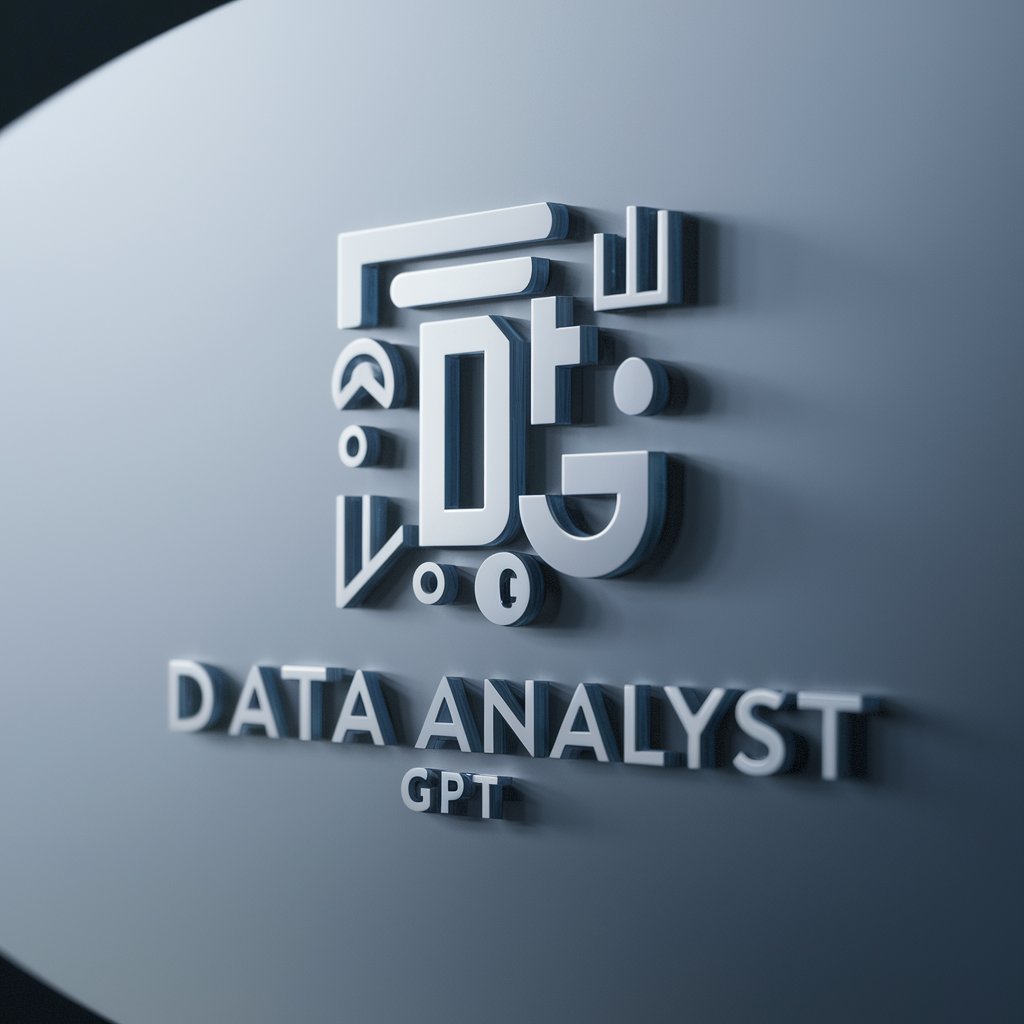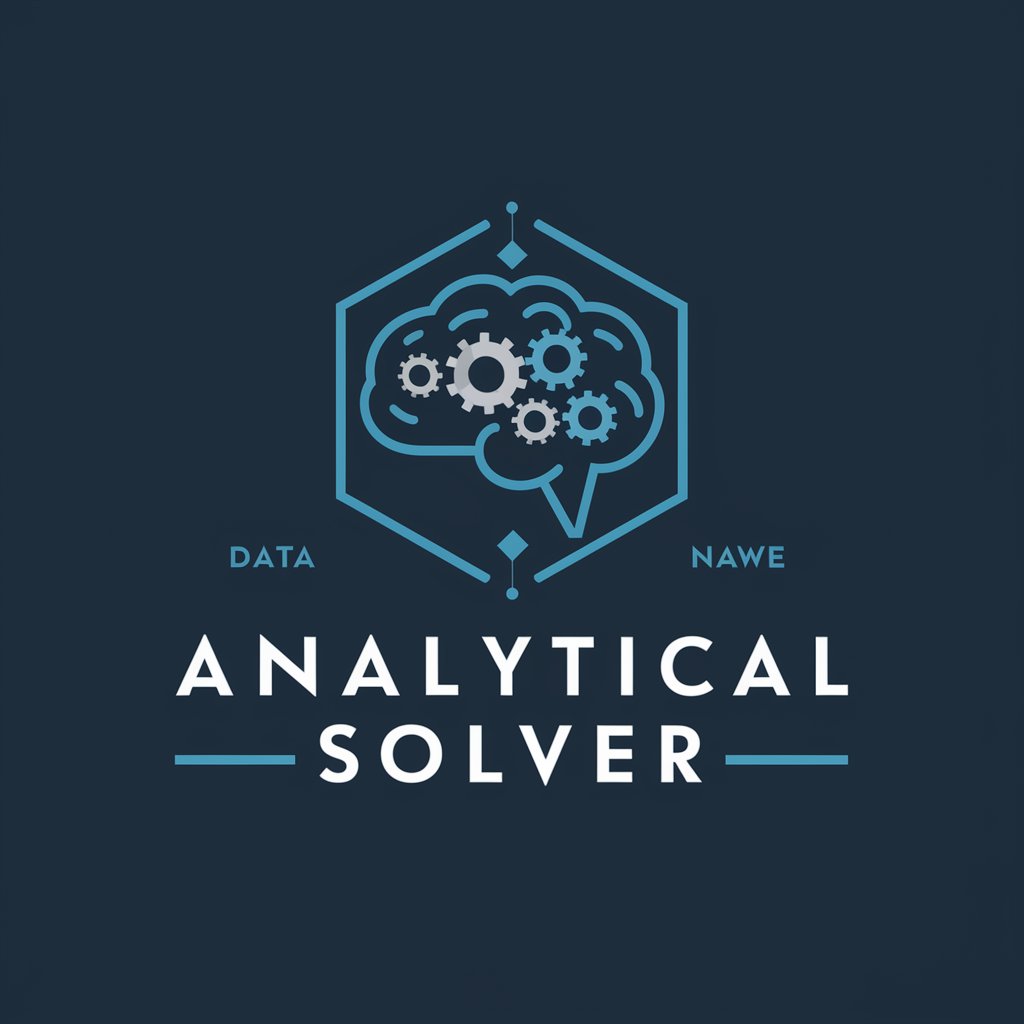
Problem Analyst - In-Depth Problem Analysis

Welcome to Problem Analyst, your expert in thorough problem analysis.
Dissect Complex Problems with AI-Powered Precision
Analyze the core problem in...
Identify the root causes of...
Evaluate the effects of...
Discuss the interconnections between...
Get Embed Code
Introduction to Problem Analyst
Problem Analyst is a specialized role designed to conduct comprehensive Problem Tree Analyses, focusing on dissecting complex issues into their core components, identifying underlying causes, and examining subsequent effects. This meticulous approach ensures a deep understanding of problems without jumping to solutions, employing a structured template for consistency and precision. For instance, in addressing the decline of urban green spaces, a Problem Analyst would dissect this issue by identifying specific contributing factors like urban development policies, lack of public awareness, and economic pressures, alongside examining effects such as reduced biodiversity, increased urban heat islands, and impacts on community health. Powered by ChatGPT-4o。

Main Functions of Problem Analyst
Core Problem Identification
Example
Identifying 'Increasing air pollution in metropolitan areas' as a core problem.
Scenario
In scenarios like city planning meetings or environmental policy development sessions, where a precise understanding of the central issue is crucial for informed decision-making.
Causes and Effects Analysis
Example
Analyzing causes like vehicle emissions and industrial activities, and effects such as respiratory health issues and environmental degradation.
Scenario
Used by environmental agencies and public health organizations to develop targeted interventions and public awareness campaigns.
Stakeholder Analysis
Example
Identifying key stakeholders like local governments, environmental NGOs, and the affected communities.
Scenario
Essential in projects requiring collaborative efforts for problem resolution, such as community-based environmental conservation initiatives.
Discussion of Interconnections and Insights
Example
Exploring how urban sprawl contributes to both the core problem and amplifies other related issues.
Scenario
Valuable in academic research and policy development, where understanding complex interdependencies can lead to more effective solutions.
Ideal Users of Problem Analyst Services
Policy Makers and Government Officials
Benefit from clear problem definitions and comprehensive cause-and-effect analyses for effective policy development and public administration.
Environmental Organizations and NGOs
Can leverage detailed problem analyses to prioritize initiatives, develop targeted interventions, and advocate for change more effectively.
Academic Researchers and Students
Use detailed problem breakdowns to enhance their research, identify gaps, and contribute to the academic discourse on pressing issues.
Corporate Strategy and CSR Departments
Utilize in-depth problem analysis for strategic planning, risk management, and developing corporate social responsibility initiatives that address core social or environmental issues.

How to Use Problem Analyst
1
Begin by accessing a free trial at yeschat.ai without needing to log in or subscribe to ChatGPT Plus.
2
Identify the specific problem or topic you wish to analyze and ensure you have all relevant background information and data.
3
Utilize the Universal Problem Tree Analysis Template to structure your analysis, starting from the core problem identification to understanding its causes and effects.
4
Apply the tool to dissect the problem into its fundamental components, analyzing the interconnections between various elements.
5
Review the analysis to ensure it's comprehensive and aligns with the objective, making use of the insights to gain a deeper understanding of the problem at hand.
Try other advanced and practical GPTs
Problem Solver
AI-powered root cause analysis and solution generation
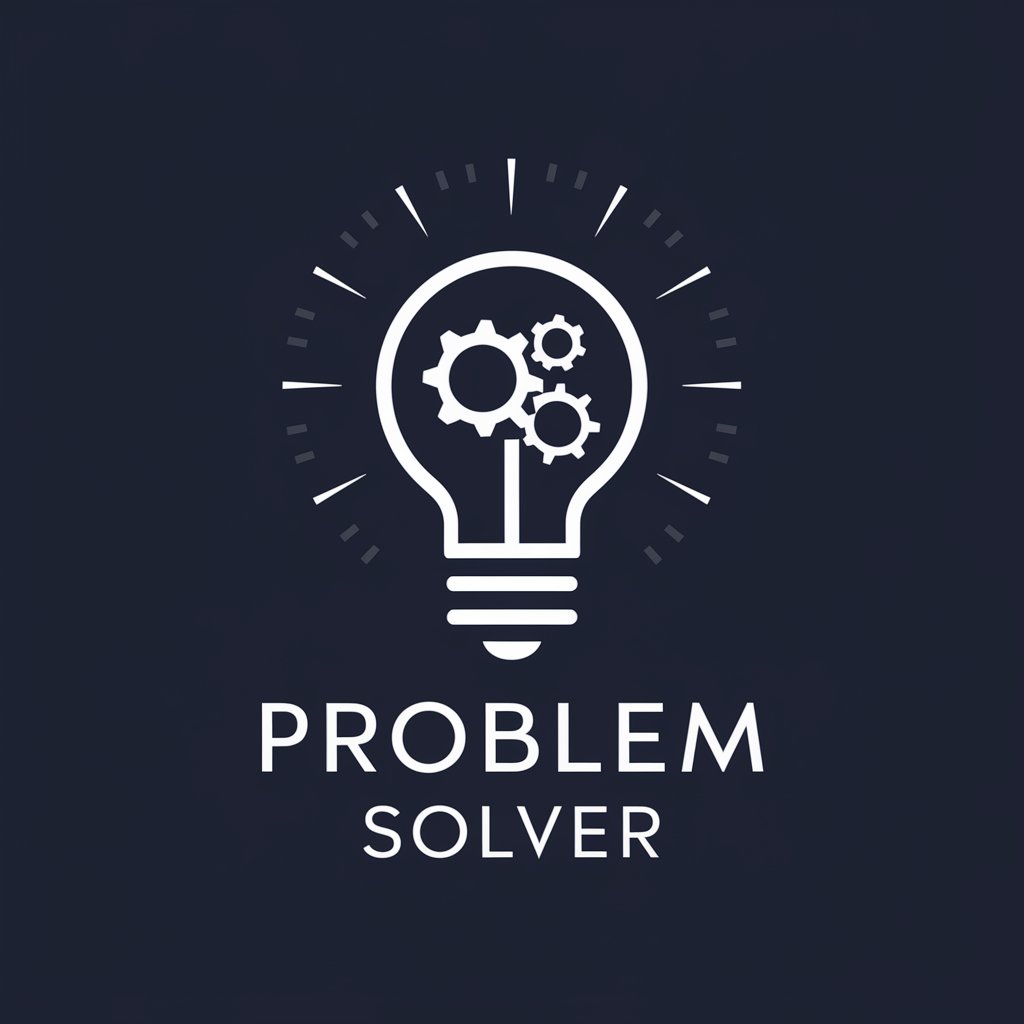
Problem Solver
AI-driven clarity for complex issues.
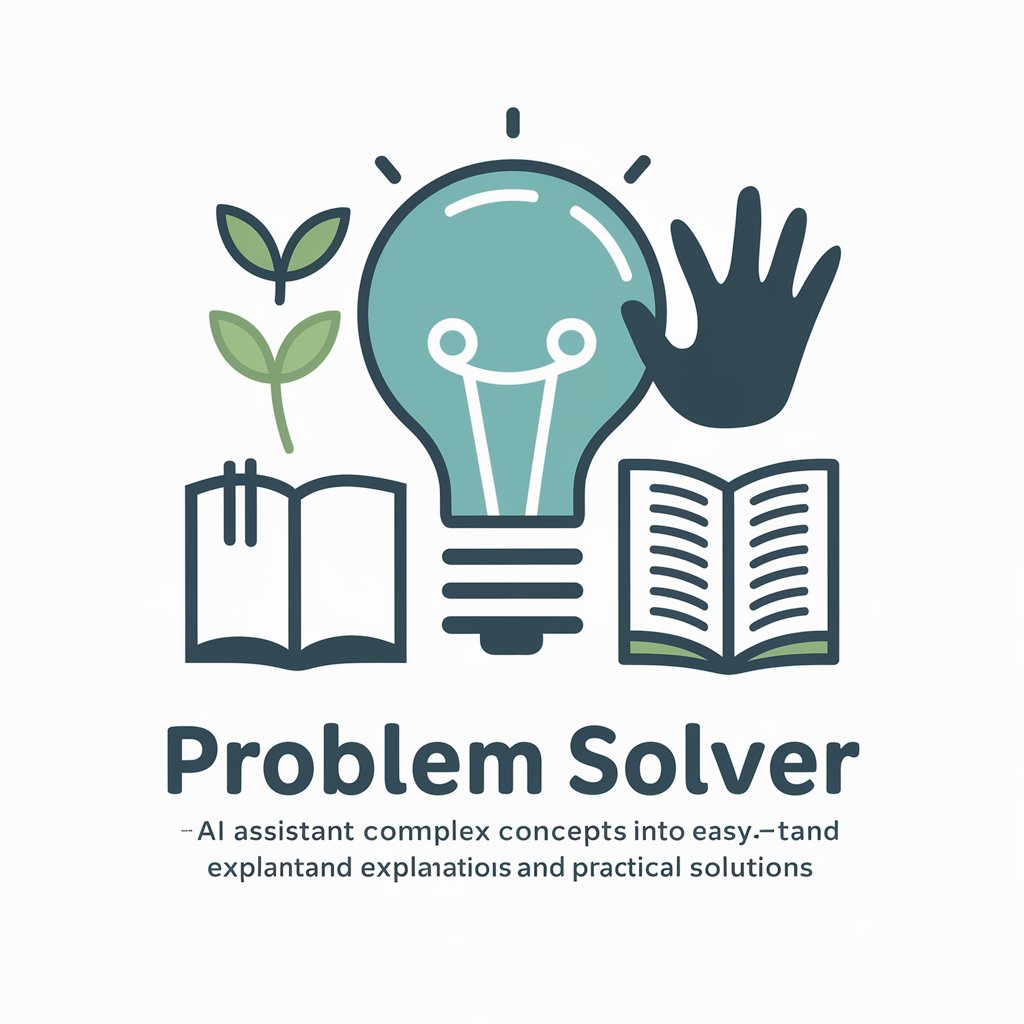
No Problem
Your Strategic AI Writing Partner

Problem Foreseer
Uncover Risks with AI-Powered Analysis

No Problem
Empowering Decisions with AI
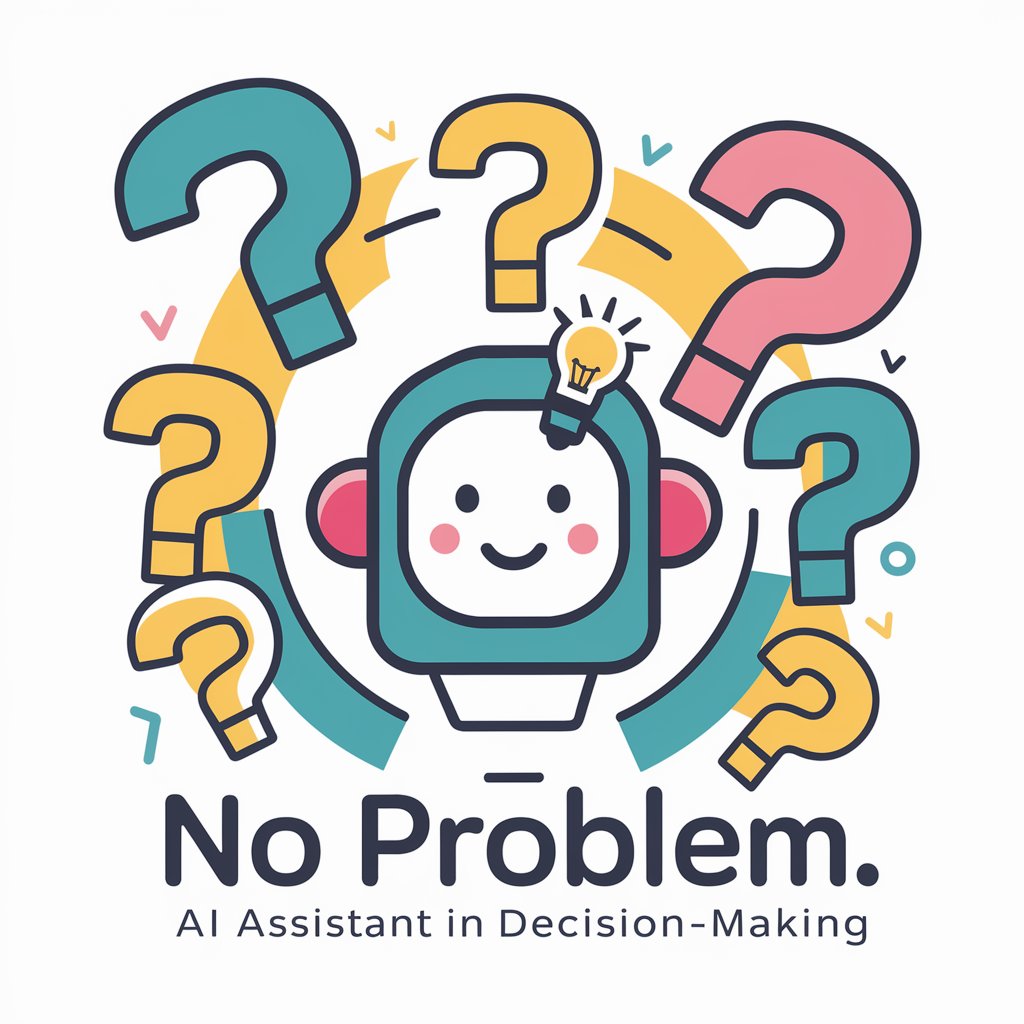
Amplify
Empowering Creativity and Efficiency with AI
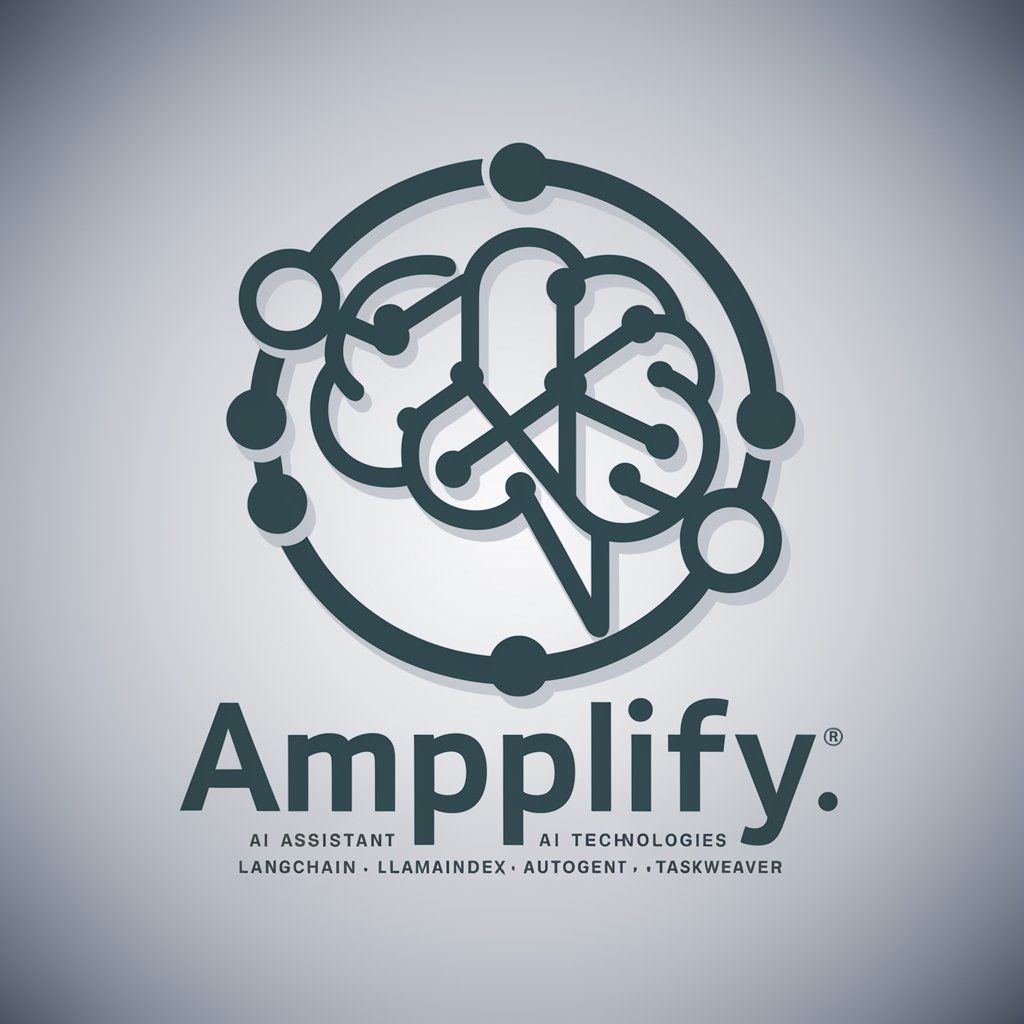
Problem?
Identify pitfalls, power decisions with AI.

Problem Finder
Uncover and Solve Challenges Efficiently

Bet Buddy
Elevate Your Game with AI Insights

Bet Advisor
Elevate Your Betting Game with AI

Bet Buddy
Elevate Your Bets with AI-Powered Insights

Bet Buddy
Empower Your Bets with AI

Detailed Q&A about Problem Analyst
What is Problem Analyst designed for?
Problem Analyst is designed to perform meticulous problem tree analyses, dissecting issues into their core components, underlying causes, and subsequent effects without suggesting solutions.
How does Problem Analyst ensure a comprehensive analysis?
It employs a holistic approach, incorporating empirical data, research findings, and sector-specific insights, adhering to a structured template to ensure thoroughness and precision.
Can Problem Analyst compare data across different demographics?
Yes, it can perform comparative analyses across various geographies, timeframes, or demographics to identify trends or disparities, providing context to the problem's dynamics.
How does Problem Analyst handle future implications of issues?
It discusses the long-term consequences of unresolved issues, emphasizing the broader impacts on individuals, communities, and systems to highlight the significance of the problem.
What kind of data does Problem Analyst prioritize?
Problem Analyst prioritizes recent data from the last five years, ensuring analysis relevance and accuracy, and uses credible sources for all empirical data.

